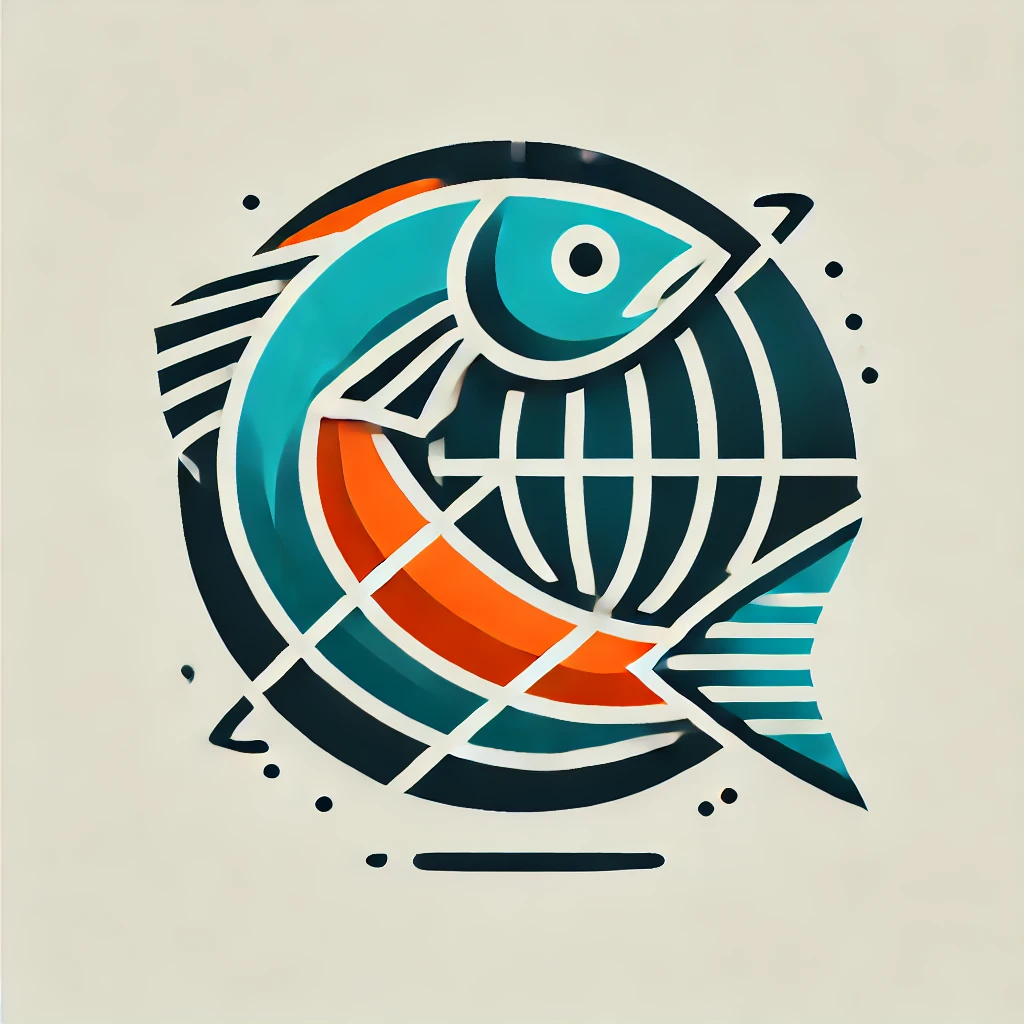Shortfin Mako Shark Fishing Opportunities in Spain
The Shortfin mako shark (Isurus oxyrinchus) is one of the fastest and most powerful predatory fish found in the ocean, making it a highly prized target among big-game anglers. Known for its speed, agility, and aerial acrobatics, the mako can reach speeds of up to 45 miles per hour. This remarkable species inhabits temperate and tropical waters around the world, including the waters off the coast of Spain. Its presence in Spanish marine territories has made the country a notable destination for sport fishing enthusiasts.
In Spain, the Shortfin mako is commonly found in the Atlantic waters off the northern and northwestern coasts, as well as in parts of the Mediterranean Sea. While sightings and catches are less frequent in the Mediterranean, they are not unheard of, especially during the warmer months. The Bay of Biscay and waters surrounding Galicia offer favorable conditions for mako shark fishing. Seasonal migrations and water temperatures influence their distribution, with the peak fishing season typically occurring from late spring to early autumn.
Mako sharks are pelagic, meaning they prefer open waters rather than coastal environments. Anglers targeting this species usually head several miles offshore, using chum and bait to attract them from the deep. The thrill of hooking a mako comes not just from its speed but also from its unpredictable behavior. They are known to leap several meters out of the water when hooked, putting up a challenging and dynamic fight that tests the skills and endurance of even experienced anglers.
Regulations and Conservation Measures in Spain
Fishing for Shortfin mako in Spain is regulated under both national and European Union conservation laws. Due to concerns about declining global populations, there are strict guidelines in place regarding the capture and retention of this species. As of 2021, the retention of Shortfin mako sharks caught in the North Atlantic is prohibited under the International Commission for the Conservation of Atlantic Tunas (ICCAT), which Spain is a part of. This means that while recreational catch-and-release fishing is allowed, harvesting the shark is not permitted.
Anglers are advised to use circle hooks and heavy tackle to minimize injury and facilitate a safe release. Additionally, Spanish authorities require the reporting of catches of regulated species, including makos, to monitor fish stocks and ensure compliance. Fishing charters and tour operators are typically well-versed in these regulations and can guide visitors through the process. Responsible practices not only protect the species but also ensure that future generations can continue to enjoy this unique angling experience.
Best Locations and Seasons for Mako Shark Fishing in Spain
Spain's northern Atlantic coastline offers the best prospects for encountering Shortfin mako sharks. The coastal areas near Galicia, particularly around La Coruña and Vigo, are known hotspots. These regions provide access to deeper offshore waters where makos are more likely to be encountered. Anglers often report higher catch rates in these areas during the summer months when water temperatures are optimal for mako activity.
Fishing charters based in the Basque Country, such as those operating out of San Sebastián or Bilbao, also provide excursions into mako territory. These charters typically venture far offshore, often combining mako fishing with other pelagic species like bluefin tuna and swordfish. The peak season runs from June through September, but weather conditions and sea temperatures can extend or shorten this window in any given year.
Charters and Local Expertise
Travelers interested in mako shark fishing in Spain will find a variety of professional charters that cater specifically to big-game fishing. These operators provide all necessary equipment, safety gear, and guidance. Many captains and crew have decades of experience and deep knowledge of local marine ecosystems, ensuring a safe and rewarding experience. Bookings should be made in advance, especially during the peak summer season, as demand can be high among both locals and tourists.
Most charters offer full-day trips, and some even offer multi-day packages for serious sport fishers. Prices vary depending on the season, duration, and services included. It is recommended that anglers inquire about the boat's catch-and-release practices and commitment to sustainability. Choosing an operator that adheres to best practices not only ensures legality but also contributes to the ongoing preservation of marine biodiversity in Spain's waters.
What to Expect During a Mako Shark Fishing Trip
A typical day targeting mako sharks begins early, with the charter setting off before sunrise to reach offshore locations. Once in position, the crew sets up chum lines and baited rigs to attract sharks. Patience is required, as makos can be elusive, but the wait is often rewarded with one of the most intense fights in recreational fishing. Anglers must be prepared for sudden bursts of speed and long runs, as well as spectacular leaps from the water.
The equipment used typically includes heavy-duty rods, wire leaders, and strong reels capable of handling long, high-speed runs. Safety protocols are essential when dealing with large sharks, and experienced guides will coach participants on proper techniques. The goal is to bring the shark close enough to the boat for tagging or photography before releasing it unharmed back into the ocean. This experience is not only thrilling but also contributes valuable data for ongoing research and conservation efforts.
Fishing for Shortfin mako sharks in Spain combines adventure with ecological awareness, offering a unique opportunity to engage with one of the ocean's most formidable predators. Whether you're a seasoned angler or a first-time visitor, the chance to encounter this remarkable species in Spanish waters is an unforgettable experience. With the right preparation and respect for the rules, travelers can enjoy a world-class sport fishing adventure while helping to protect a vulnerable marine species.

